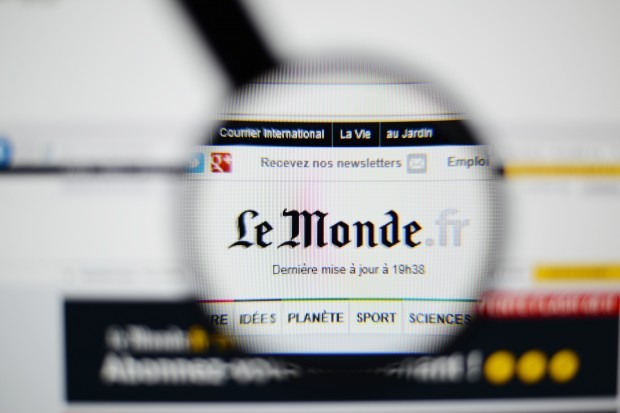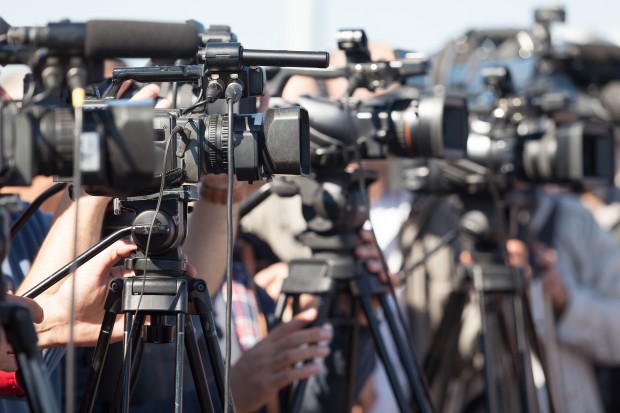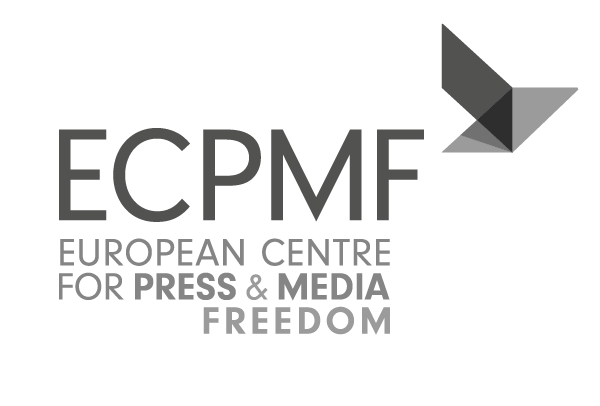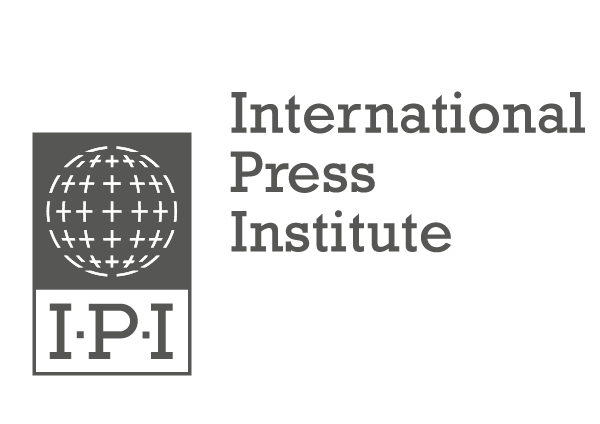Each week, Index on Censorship’s Mapping Media Freedom project verifies threats, violations and limitations faced by the media throughout the European Union and neighbouring countries. Here are just five reports from 23-29 February that give us cause for concern.
1. Russia: Journalist severely assaulted
#Russia journalist Sergey Vinokurov assaulted outside editorial offices https://t.co/5bP5oxAfMc @IndexCensorship
— CoE Media Freedom (@CoEMediaFreedom) March 2, 2016
The physical safety of journalists in Russia remains a major concern. Sergey Vinokurov, a correspondent for the weekly politics and news magazine Sobesednik, was assaulted outside the publication’s offices in Moscow on 25 February at around 9.20pm. As Vinokurov left for home, a perpetrator hit the journalist multiple times in the body and face, just ten meters from the entrance. The assailant, who appeared drunk, shouted vulgarities and said: “you’re getting this for your articles”. Vinokurov tried to dodge the punches and managed to make his way back to the entrance to the building’s entrance, but the assailant followed and continued his assault.
Security guards and other journalists were able to restrain the perpetrator before police arrived and brought the assailant to a detention center at the Tverskoi police department. Police have opened an investigation. The attacker was a 37-year-old Anton M, who lives next to the editorial office.
2. France: Defense minister launches investigation into Le Monde

The French Minister of Defence, Jean-Yve Le Drian, launched an investigation into French newspaper Le Monde on 24 February for “compromising the secrecy of national defence” following the publication of an article on the on the presence of French special forces in Libya. The article reported: “Highly targeted pinpoint strikes, prepared by discreet or covert actions: in Libya, this is the course of action taken by France against the threat of the Islamic State.”
Under French law, compromising the secrecy of national defence is punishable by a €45,000 fine and a 3-year prison sentence. The Le Monde claims that “specialised bloggers” had spotted the presence of French security forces in eastern Libya since mid-February.
3. Greece: Police block TV crew access to refugee camp operation
Spring arrives in #Idomeni, where thousands of migrants remain stranded https://t.co/8n0PVfb4KV#Greece #FYROM pic.twitter.com/xuAOrpUeB2
— YouTube Newswire (@ytnewswire) March 2, 2016
It’s been almost a year since phrases “migrant crisis” and “refugee crisis” started making headlines, and in that time we’ve seen many European governments making it increasingly difficult for asylum seekers to cross into their territorial boundaries. Most recently, North Macedonia tightened its border control, leaving about 4,000 people stranded in Greece. The Greek government responded by removing refugees from a camp in the border town of Idomeni, putting them on buses bound for Athens, where they were to be temporarily housed in relocation camps.
While trying to cover events at the border, a TV crew for private broadcaster Alpha Channel was denied access. Greek police asked journalist Aphroditi Spilioti, a cameraman and a sound engineer to leave the camp “safety reasons”. The TV crew then moved outside the perimeter of the camp, where they could still observe the ongoing police operation, but again they were asked by police to move — this time 2 km away — for “safety reasons”.
When the journalist and the crew refused to do so, they were asked to provide their ID cards for verification and follow the police vehicle to the station. The police also reportedly told them not to drive back to the refugee camp.
4. Spain: Politician repeatedly asks journalist to reveal sources
Former president of the province of Valencia, Francisco Camps, tried to convince radio journalist for Cadena SER, Miguel Ángel Campos, to reveal his source when the journalist called to ask the politician about alleged corruption on 29 February.
Camps, who was filming the phone conversation, told the journalist: “I have to know who I need to talk to in order to not have a big mess tomorrow. […] I am asking you a favour, please, tell me what source told you that I was collecting money. I need to talk to that person and to defend myself.”
The journalist still refused to reveal the identity of his source. The politician continued to deny the allegations and asked to involve the journalist’s boss: “Please call him right now and tell him that you talked to me. And please tell him not to talk or to do something because all of this is a lie. Please, this is really important, talk to your boss, and if he would like to talk to me I am available.”
5. Turkey: Satellite provider drops independent channel
Imc TV cuts off after suspension order! #imcTvSusturulamaz Seriously… What does the future hold? #Turkey pic.twitter.com/HalVpj63ZC
— Cagil M. Kasapoglu (@CagilKasapoglu) February 26, 2016
The independent Turkish broadcaster IMC TV was pulled off the air by one of Turkey’s largest broadcasters, Turksat, on 26 February following terror charges. Ankara prosecutor requested IMC be taken down because of allegations that the channel is “spreading terrorist propaganda” for the Kurdistan Workers’ Party (PKK), which Turkey has designated a terrorist organisation.
The channel was taken off the air during a live interview with Can Dundar and Erdem Gul, two prominent journalists who were freed pending trial that same day after spending 92 days in prison. Index on Censorship has condemned the decision. Senior Advocacy Officer Melody Patry said: “Turkey must halt its crackdown on media outlets and ensure citizens have access to diverse information and viewpoints, including those that differ from the government’s political line.”
This article was originally published on Index on Censorship.
Mapping Media Freedom
|






